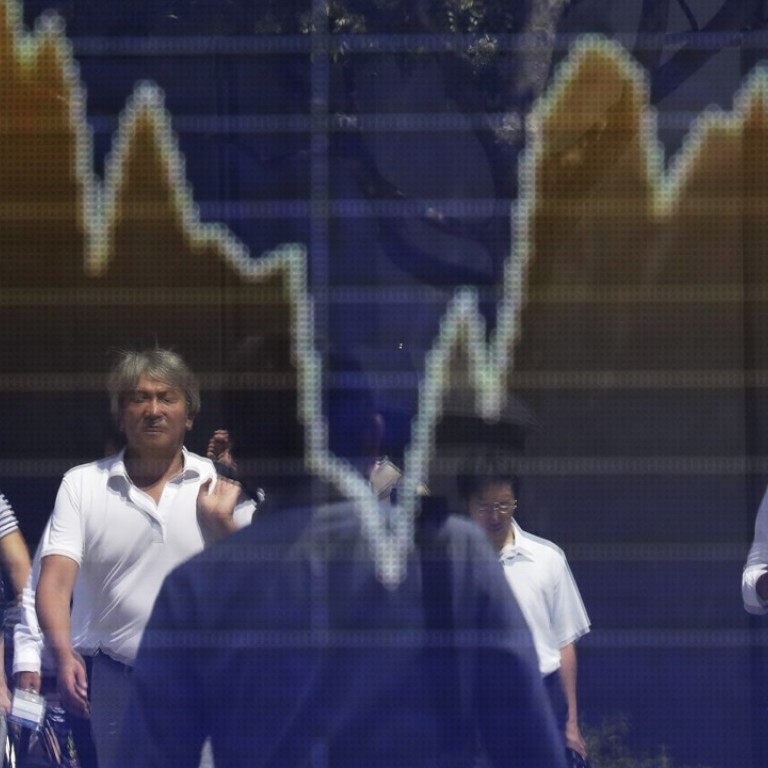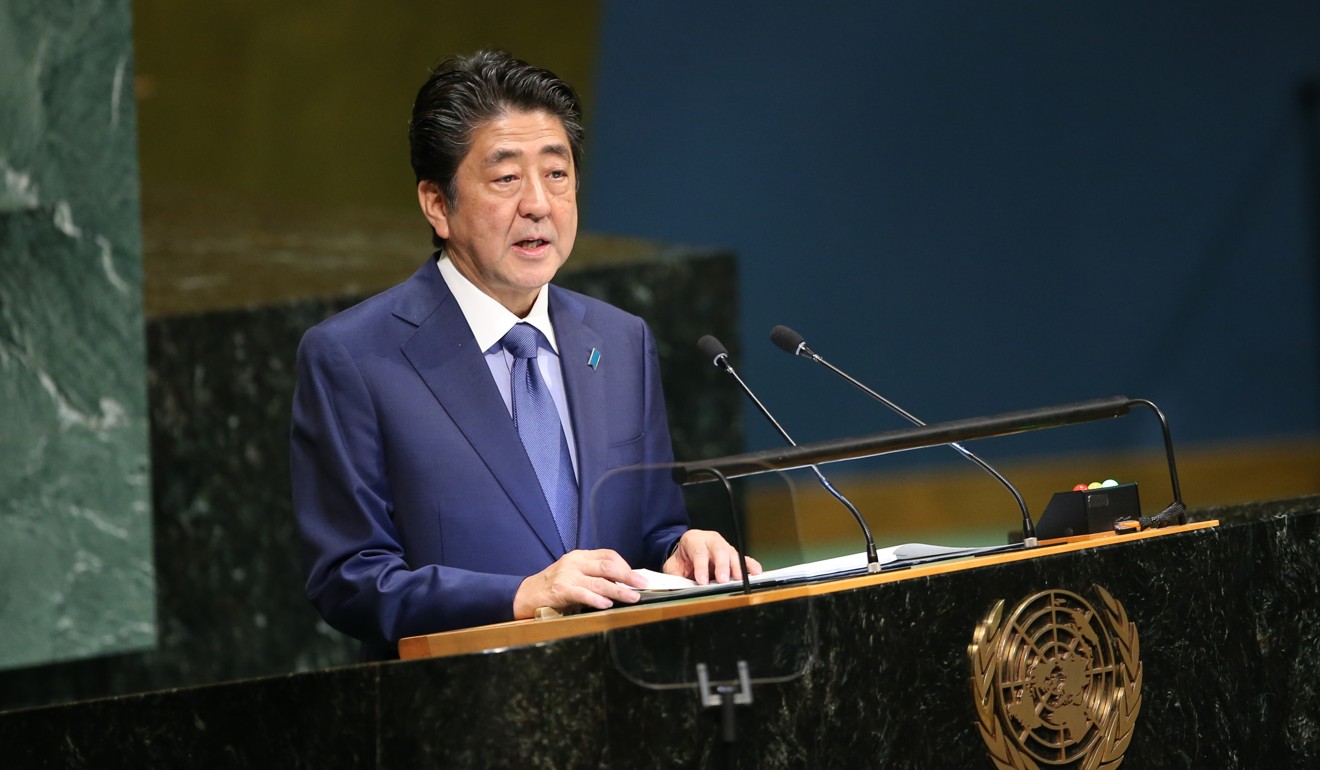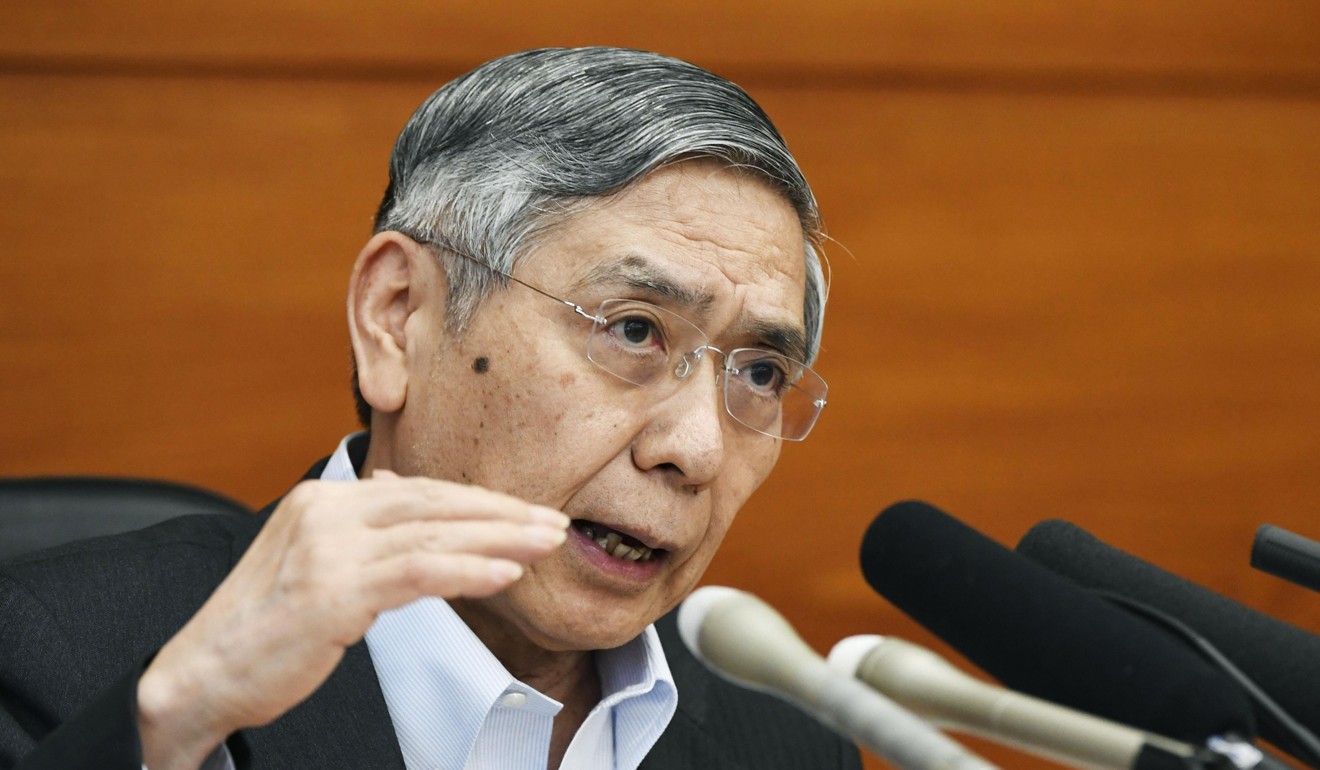
Bank of Japan’s deafening silence amid the world central bankers’ hubbub speaks volumes about Abenomics
Central bankers in Jakarta, Hong Kong and Manila had a busy week, hiking interest rates to keep pace with the US Federal Reserve. New Delhi telegraphed more tightening moves to come. But officials in Tokyo? Crickets.
There is a positive spin to put on Fed Chairman Jerome Powell hiking rates a third time in his short 237-day tenure. It’s a sign of confidence that the world’s biggest economy is vibrant enough to thrive without post-2008 emergency measures. Also, there’s an adult in the room as Donald Trump goes off the rails, fiscal policy-wise.
But that is cold comfort for central bankers Perry Warjiyo of Indonesia and Nestor Espenilla of the Philippines. Both tightened on Thursday - by 25 basis points and 50 basis points, respectively - to keep pace with the Fed. A day earlier, the Fed put its benchmark up to the 2 per cent to 2.25 per cent range.

Home sellers trim prices as Hong Kong’s decade of cheap money ends with higher interest rates
Odd, then, to see Tokyo becoming more of an outlier. That raises fresh questions about the outlook for the yen, the Nikkei 225 stock average and reflation efforts.
Could we see the BOJ diverge even further from the Fed and developing Asia? The odds of governor Haruhiko Kuroda driving further into the monetary unknown increase with each grenade that Trump tosses at Asian supply chains.
Kuroda would be wise to consider another tactic: hold Abe’s feet to the fire. That would spur Tokyo to accelerate upgrades.
Monetary policies in Jakarta, Manila and even Seoul are beginning to do just that. Since the 2008 “Lehman shock,” monetary authorities have acted more like ATM machines for complacent governments than independent authorities. Last week’s tightening moves suggest central banks are becoming less willing to play along.

Granted, inflation rates and sliding currencies in Indonesia and the Philippines increased the urgency for action. But both Bank Indonesia and Bangko Sentral ng Pilipinas are now working to get ahead of the risk curve. That may run afoul of Presidents Joko Widodo and Rodrigo Duterte, but it’s a harbinger of more stable financial conditions ahead.
A decade ago, the Fed joined it there in QE-land. It’s already found an exit, though. So much so, that Trump is complaining as much about Fed austerity as are emerging-market governments.
That, in turn, could help exporters and limit Nikkei losses amid Trump’s antics. But can the bulls really say this will lead Japan to the more vibrant future Abe has been promising since 2012? Crickets.
William Pesek is a Tokyo-based journalist and author. He has written for Bloomberg and Barron’s

